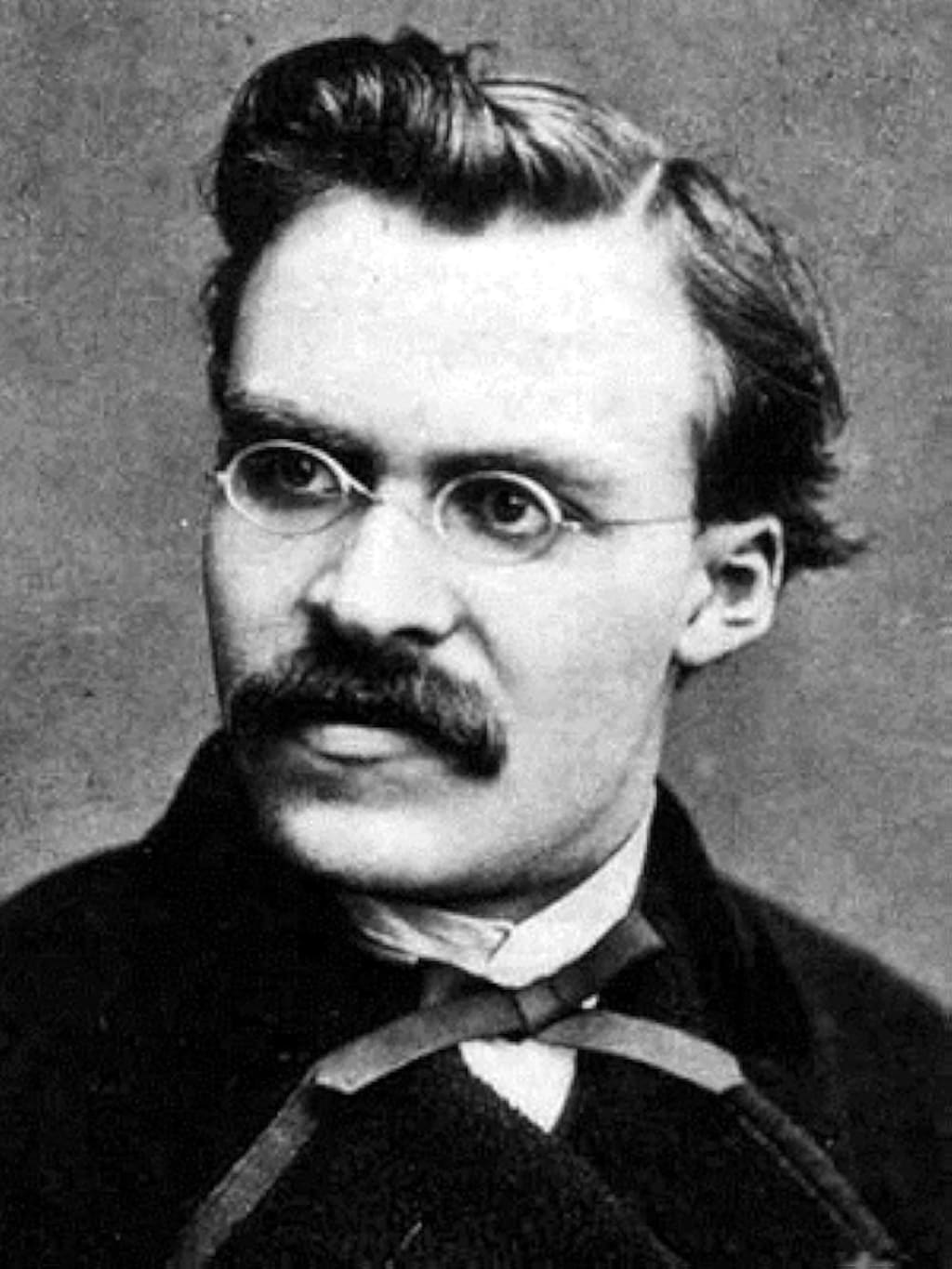Frederick Nietzsche
A Revolutionary Thinker in the Pantheon of Philosophy

In the annals of philosophical thought, few figures have sparked as much intrigue and debate as Friedrich Nietzsche. His radical perspectives, incisive insights, and unapologetic critiques of conventional morality and religion have made him a perennial figure of fascination and controversy.
Nietzsche's Proclamation: 'God is Dead'
Perhaps Nietzsche's most famous and frequently misinterpreted declaration is "God is dead." This profound statement transcends the simplistic notion of atheism. Nietzsche, writing in an era where faith and reason were in flux, observed the diminishing influence of traditional religious and moral structures in an increasingly secular world. He wasn't merely announcing the death of a deity but commenting on a societal shift away from religious-based morality. Nietzsche envisioned a future where humans would need to navigate a world devoid of a divine moral guide, compelling them to shoulder the responsibility of creating their own values and meaning.
The Übermensch: Nietzsche’s Vision of Human Potential
Central to Nietzsche's philosophy is the concept of the Übermensch or 'Overman.' This figure symbolizes an individual who transcends the constraints of conventional morality to forge a personal value system. Nietzsche's Übermensch is not bound by societal norms but instead carves a unique path, embodying the power of the human spirit to define and achieve greatness.
Dionysian and Apollonian: Balancing Forces in Art and Life
Nietzsche's analysis of the Dionysian and Apollonian forces is another crucial aspect of his work. The Dionysian represents the chaotic, emotional, and instinctual aspects of the human condition, while the Apollonian signifies order, rationality, and structure. Nietzsche posited that a balance between these two elements is essential for the creation of profound art and a fulfilling life. This balance reflects the human struggle to harmonize our primal instincts with the demands of societal order and rational thought.
The Eternal Recurrence: Nietzsche's Ultimate Test
The concept of eternal recurrence, which posits that all events in life will repeat endlessly, is a unique Nietzschean idea. This thought experiment serves as a test of the authenticity and value of our actions. Nietzsche challenges us to live as if each moment of our life would recur infinitely, urging us to embrace our choices and actions wholeheartedly.
Nietzsche's Enduring Influence and Relevance
More than a century after his death, Nietzsche's philosophies continue to inspire, provoke, and challenge. His relentless questioning of objective truth and his deep insights into the human condition resonate strongly in today's world, characterized by a quest for individualism and self-discovery.
In an age dominated by the search for personal meaning in an indifferent universe, Nietzsche's teachings offer a compelling framework for confronting our fears, realizing our aspirations, and redefining our existence. His work invites us to question the given truths of our time and to courageously carve out our own place in the world.
Nietzsche's Philosophical Style and Legacy
Nietzsche's unique philosophical style, marked by aphorisms, metaphors, and poetic language, distinguishes his work from that of his contemporaries. This style has allowed his philosophy to transcend academic boundaries, impacting literature, psychology, and even the arts. His writings, laden with complex and multifaceted ideas, continue to invite interpretation and debate, making him a timeless figure in the realm of philosophical inquiry.
Conclusion
Friedrich Nietzsche's work, with its emphasis on personal responsibility, the creation of individual values, and the challenging of societal norms, remains a significant source of inspiration and contemplation in modern thought. His philosophy, rich in its complexity and provocative in its assertions, continues to urge us to confront the deepest questions of existence and to forge our own unique paths in life. In our rapidly changing world, Nietzsche's call for authenticity, individualism, and self-overcoming offers a powerful lens through which to view and engage with the complexities of human existence.
About the Creator
Daniel Stevens
I'm a young multifaceted writer. I write about everything from Science to Philosophy, my take on the life stories of great people from the past and the now.
If you are like me, interested in many different topics you defiantly love my work.






Comments (1)
unknown guy